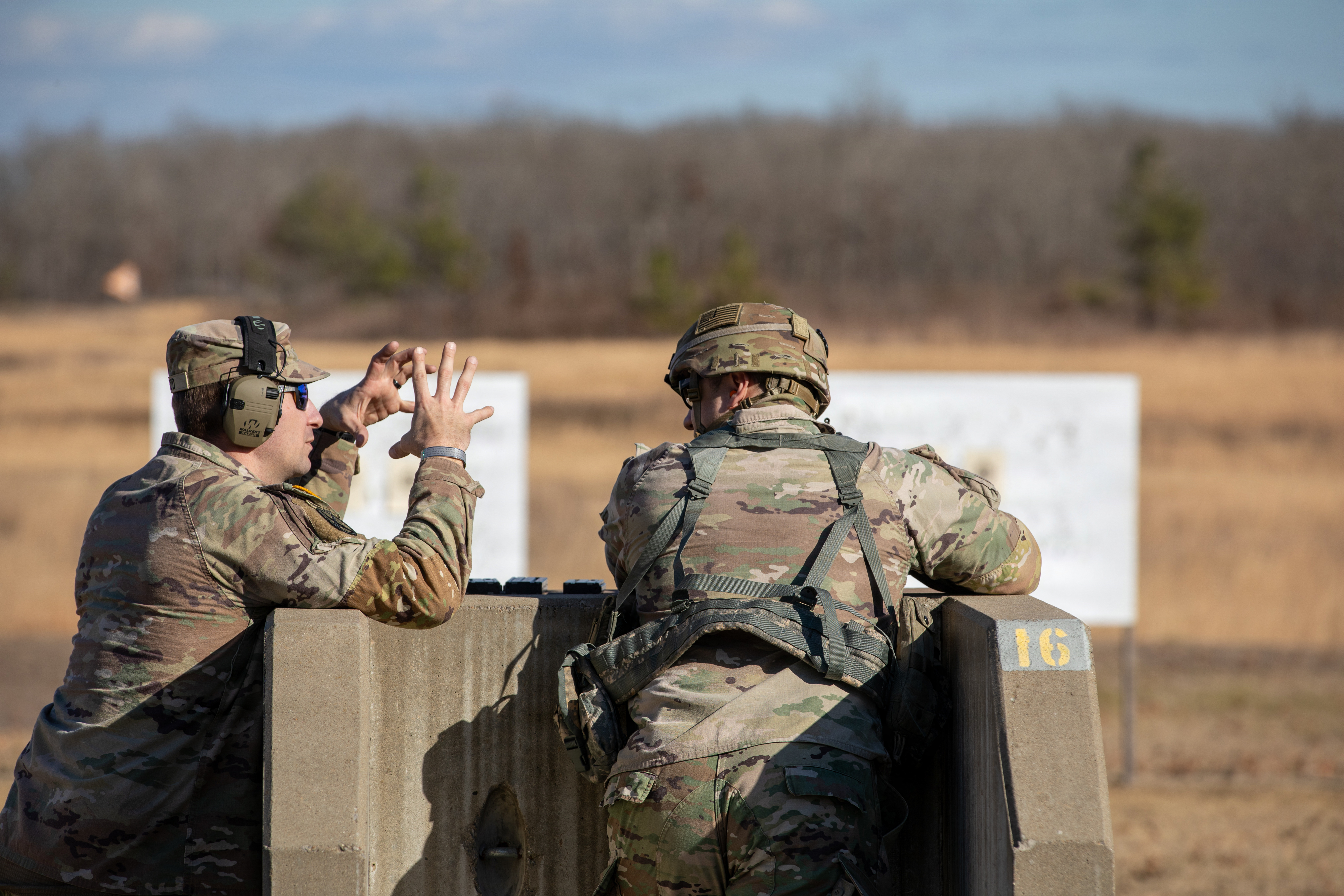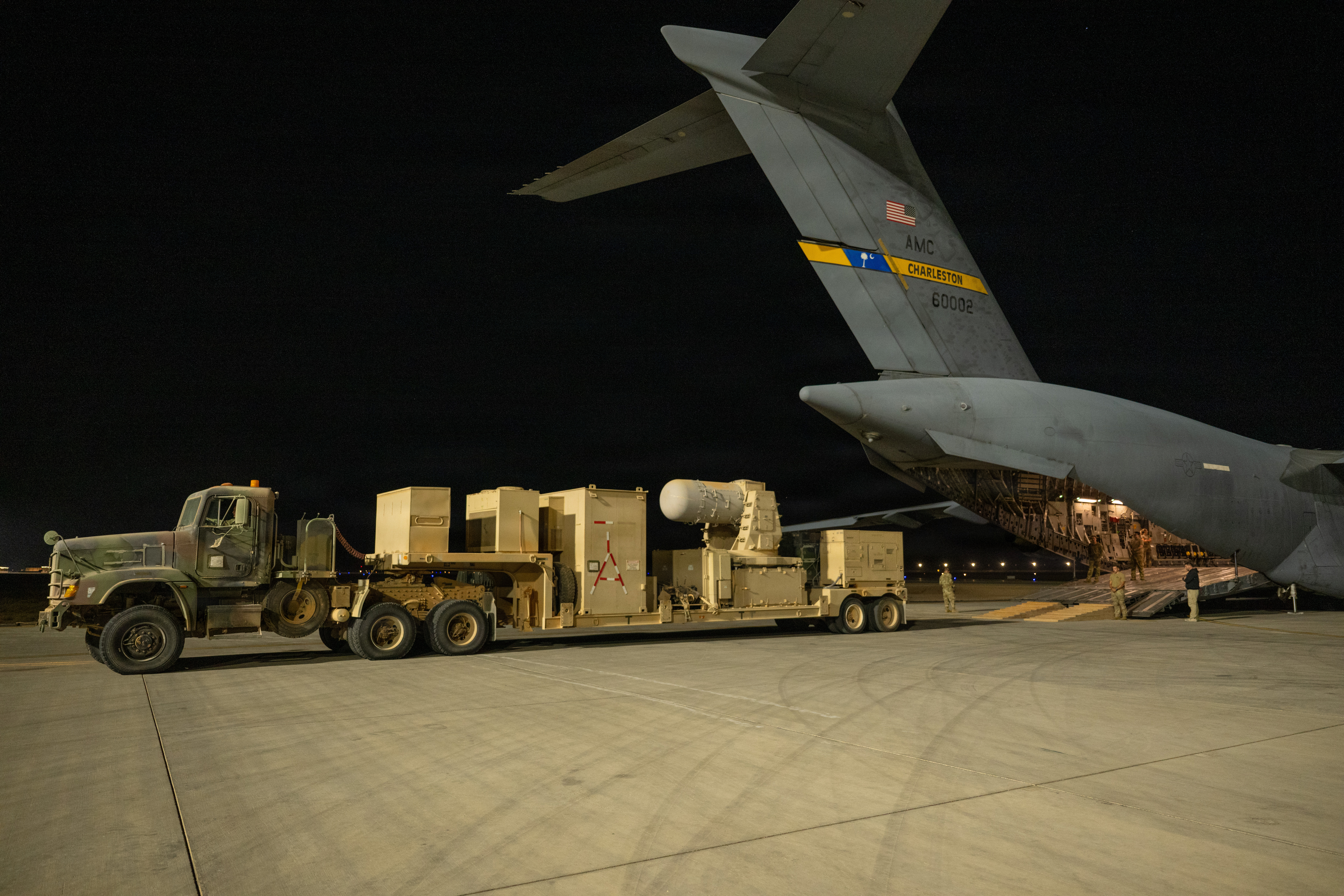5 Strategies to Boost Junior Officer Confidence

Helen Keller famously said, “Never bend your head. Hold it high. Look the world straight in the eye”. These words would be easy to apply if everyone was born with an intrinsic sense of confidence.
Personal experiences shape us so deeply that developing confidence can be hard. Yet, confidence is such an essential leadership resource when it comes to achieving results and fulfilling plans. Thus, is important for a junior officer to learn how to access it regardless of the situation, context, results, or even expectations.
Truth to be told, confidence is a tool that already exists within every junior officer and that he/she can leverage and use whenever needed. But is it possible to a regenerate a long-lost confidence? Yes, and the effective agent for change is the junior officer. When he/she steps out his/her comfort zone, insecurities vanish because is time to act.
Luckily, there are some strategies that a junior officer can apply to boost confidence. Here are 5:
- Focus
Some high-performance coaches will arguably say this is the most important strategy. Being determined is fundamental. So, a junior officer should concentrate on his/her goals. Firstly, write them and take the time to think about how to achieve them. Secondly, set an action plan divided into individual steps. Finally, to hold accountability in the goal-setting progress, decide on a specific date for its revision, and to adjust the plan in case of necessity.
If reaching the goal is an intimidating mission, a junior officer may get in touch with people that achieve the same or a similar goal. Their stories might be a surprise.
- Do not be your critic
Most of the time, we are our own bully. We sabotage ourselves. A junior officer should be careful what they tell themselves since it ends up conditioning confidence levels. To change the negative self-talk, a good trick is to come up with the 3 words that best describe an individual when they are at their maximum performance and internalize them.
More importantly, ditch the imposter syndrome. Nobody is a fraud. Your accomplishments count, even the small ones, and it’s easier to be confident when we remember them.
- Pay attention to body language
Has a junior officer ever thought about his/her posture when you facing challenges? Does that posture transmit a confident, credible, composed image? Probably, not if you are lacking confidence. The solution: improve it by looking yourself in the mirror. First, facial muscles should be relaxed. Also, practice a sincere smile. Second, rehearse an assertive posture. Stand straight, steady, and directly face the mirror-like you were talking to someone while maintaining eye contact. Afterward, practice speaking in a clear, steady voice in the right tone. Mirror the body language of a leader that a junior officer admires is also another option. However, this will only succeed if the posture feels natural and organic.
- Form an influence group
An influence group is a group of people that influence our way of thinking and being in life, affecting the way we perceive ourselves. To boost our confidence, we need to be surrounded by people who believe in us, in our goals and our capacities, that drive our ideas, that help us rise higher.
If a junior officer wants to achieve his/her goals, he/she must choose people that will help get there wisely. The initial step is to reflect on who constitutes the influence group. The junior officer should invest his/her time in people who sincerely care and support no matter what.
- Develop competencies
Learning is empowering. It is the catalyst to a feeling of success. It is the best technique to defeat our confidence blocks. It spikes creativity. And, provides new opportunities. For this, a junior officer should follow a simple mathematic formula: Knowledge + Training = Increased Confidence.
As an example, if a junior officer wants to be proficient in military strategy, he/she will have to acquire and practice the competencies demanded. A Junior Officer can expand his/her military competencies by looking to other areas of knowledge. Investigate, for instance, the relationship between art and war.
———
Filipa Goncalves is a civilian with international experience across military and diplomatic environments. Her last position dealt with NATO Civil-Military Cooperation. She holds a Master’s Degree in Political Science and International Relations from the Catholic University of Portugal.
———
Bibliography:
Cook, J. (1997). The Book of Positive Quotations (2nd ed.). Fairview Press.
Ravenscraft, E. (2019, June 3). Practical Ways to Improve Your Confidence (and Why You Should) https://www.nytimes.com/2019/06/03/smarter-living/how-to-improve-self-confidence.html.
Torres, S. (2020). Strategies for learning to access the wonderful resource of trust (in Portuguese). Primeline Coaching.
Thompson, S. (2017, August 10). 8 Elements of Confident Body Language. Virtual Speech. https://virtualspeech.com/blog/8-elements-of-confident-body-language
———
Image from: https://cdn10.picryl.com/photo/1983/05/19/infantrymen-undergo-obstacle-course-training-at-the-army-air-assault-school-eed9fa-1600.jpg



